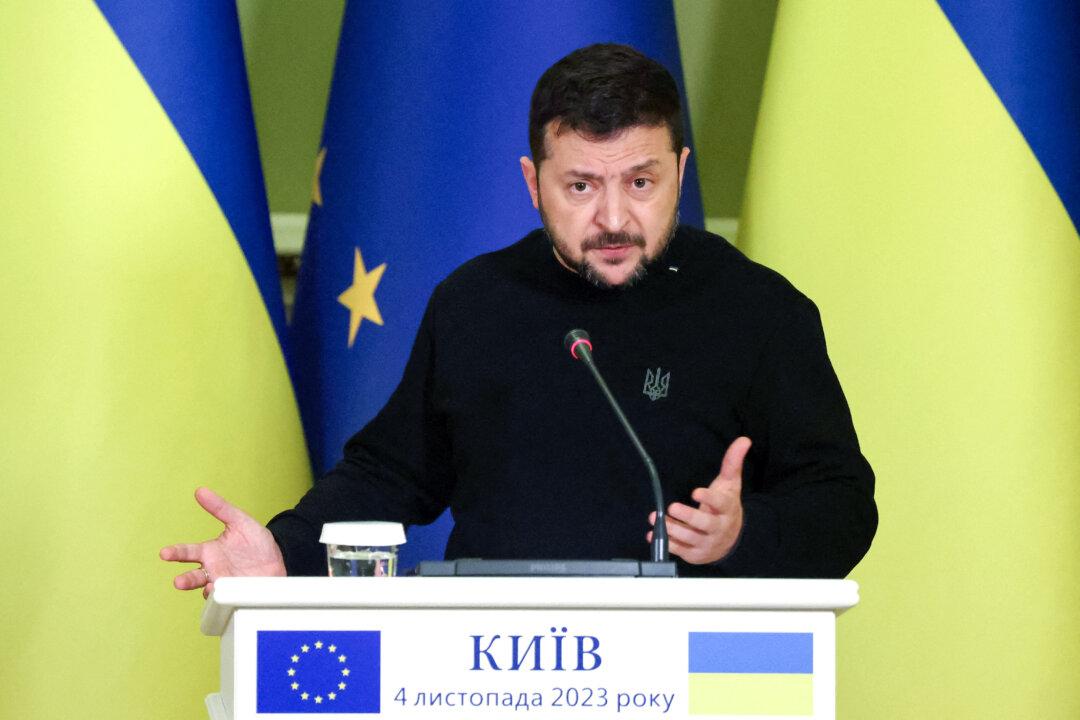The European Union signed a security agreement with Kyiv at a June 27 summit of European Union leaders attended by Ukrainian President Volodymyr Zelenskyy.
“For the first time, this agreement will enshrine the commitment of all 27 [EU] member states to provide Ukraine with extensive support, regardless of any internal institutional changes,” Mr. Zelenskyy said in a social media post.





